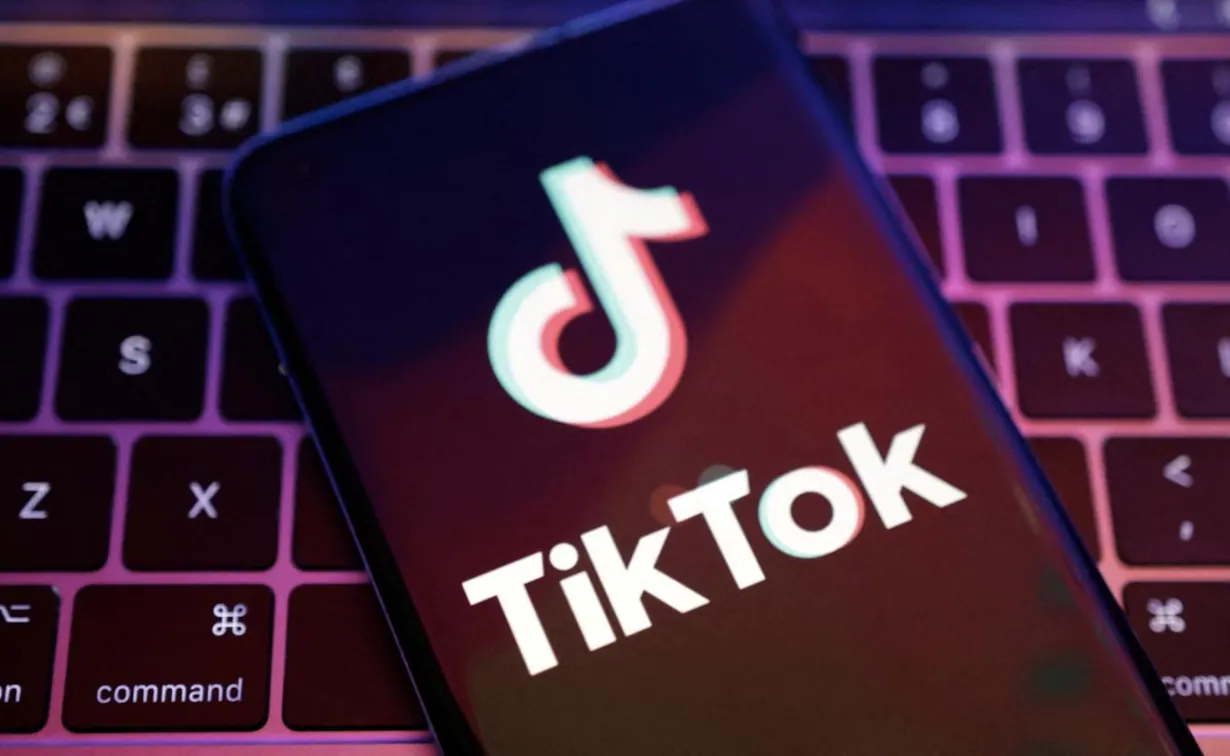In a significant move that is shaking up the online music and social media landscape, TikTok has begun removing songs published by Universal Music Publishing Group (UMPG), signaling an expansion of an ongoing royalty dispute. This decision marks a pivotal moment in the music industry’s ongoing debate over fair compensation and digital rights management.
Key Highlights:
- Universal Music Publishing Group terminates its licensing agreement with TikTok.
- Removal affects popular artists like Taylor Swift and Billie Eilish.
- UMG and UMPG demand fair compensation and protection against AI-generated music.
- TikTok accused of not addressing online safety and compensation adequately.
- Dispute could influence future digital music rights negotiations.
- Understanding the Dispute

The standoff between TikTok and Universal Music Group (UMG), including its publishing arm UMPG, has escalated with the removal of UMG’s extensive catalog from the TikTok platform. This decision follows unsuccessful negotiations over a new licensing agreement, highlighting critical issues such as appropriate compensation for artists and songwriters, the impact of AI-generated music, and user safety on TikTok.
The Implications for Artists and Users
The withdrawal of UMG’s music from TikTok affects a wide range of artists, from global superstars like Taylor Swift and Billie Eilish to emerging talents. This move has not only deprived TikTok users of a rich library of music for their content but also sparked a broader discussion about the valuation of music on social media platforms and the need for a fairer revenue-sharing model.
The Role of AI and Online Safety
A significant point of contention in the negotiations was the protection against the dilution of royalties through the increasing use of AI-generated music on the platform. UMG and UMPG have expressed concerns about the potential harm to human artists and the overall quality of music. Additionally, the issue of online safety and the presence of problematic content on TikTok were highlighted as areas requiring urgent attention.
TikTok’s Response and Industry Reactions
TikTok has countered UMG’s claims by accusing the music giant of prioritizing financial gains over the interests of artists and songwriters. The platform argues that it has successfully reached “artist-first” agreements with other labels and publishers, positioning UMG’s actions as contrary to the benefit of the music community and fans. However, Wall Street analysts and industry observers have largely supported UMG’s stance, emphasizing the minimal financial impact on UMG and the potential benefits of advocating for better compensation structures.
The Future of Music on Social Media
This dispute between TikTok and UMG/UMPG underscores the complexities of licensing agreements and revenue sharing in the digital age. As music remains a core component of the TikTok experience, the outcome of this confrontation could set a precedent for future negotiations between music publishers, record labels, and social media platforms. It highlights the need for a balanced approach that ensures fair compensation for artists while maintaining the vibrant ecosystem of content creation that platforms like TikTok offer.
In conclusion
The removal of Universal Music Publishing songs from TikTok is more than a contractual disagreement; it’s a landmark event in the ongoing dialogue about the value of music in the digital era. As both parties stand firm in their positions, the music industry watches closely, knowing that the resolution of this dispute will likely influence the structure of music rights and royalties for years to come. This situation serves as a reminder of the delicate balance between fostering creative expression on social media platforms and ensuring that the creators of the music that powers these experiences are fairly compensated.






